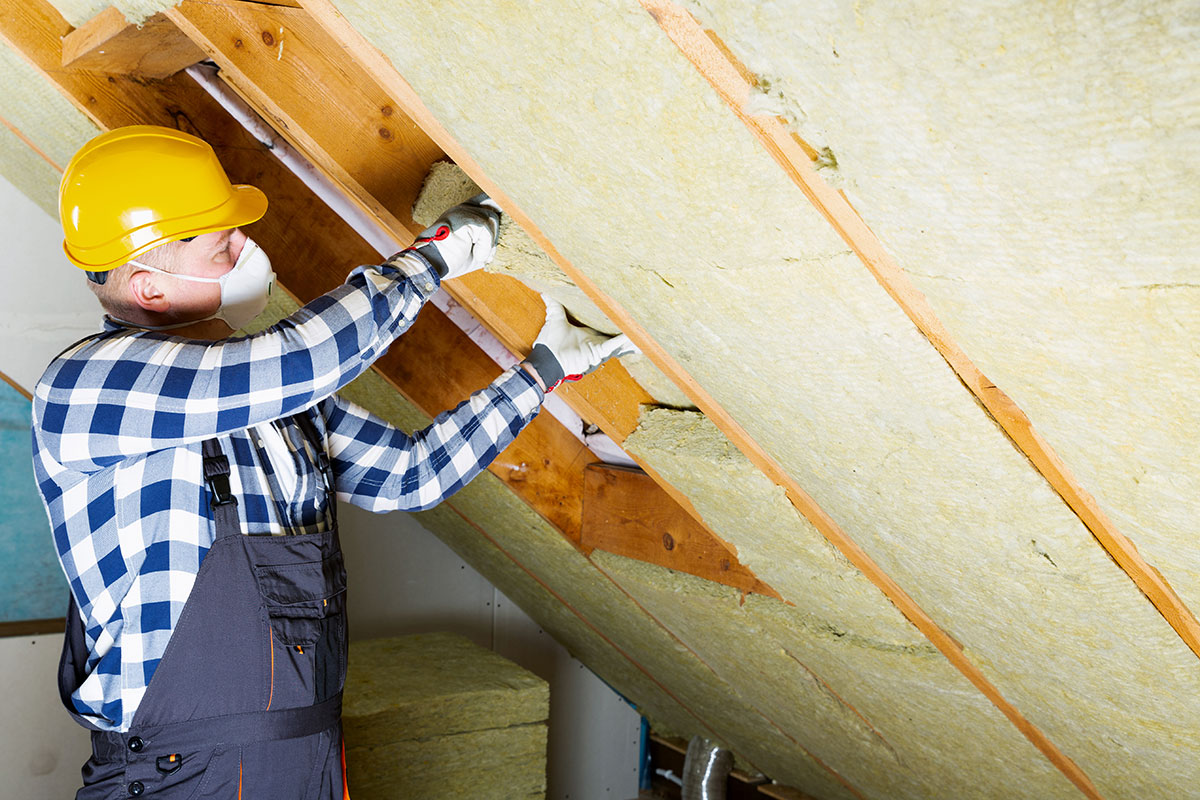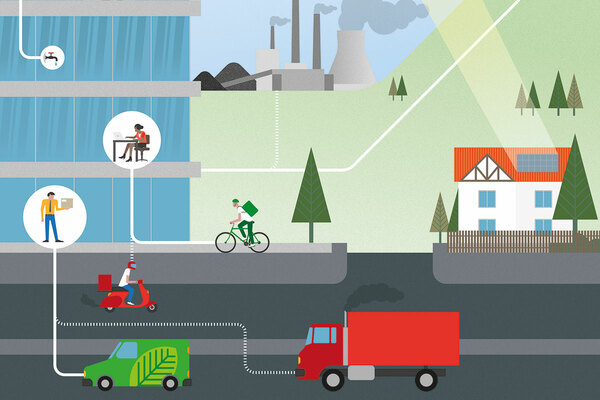Can landlords manage their properties better?
How well are social landlords managing their homes, and with regulatory scrutiny set to increase, how will they cope? Inside Housing carried out a survey, sponsored by Monarch Partnership, to find out. Picture by Getty
In association with:
![]()
More than five million homes are rented from local authorities or housing associations, which is almost one-sixth of residential properties in the UK. The efficient management of these homes is vital not simply for maintaining standards but to also provide tenants with a good quality of living.
To find out more about how social landlords are running their properties, Inside Housing undertook a sector survey. Of the 426 people who responded, 80% work in housing associations.
While only 2% of respondents said their organisation was outright not managing its estate efficiently and successfully, there is clearly a sense things can be better.
Only one in four said their organisation was managing their estate successfully, while a surprising 2% said they were outright not managing things efficiently, and the majority (73%) said things could be improved.
Helping to reduce bills
According to the survey, most landlords (62%) are confident that their organisation’s energy bills represent the amount of energy being used in communal areas, while 14% say the bills are not accurate.
One solution to working towards greater energy efficiency across all aspects of a housing association could be to adopt a building management system to remotely evaluate how tenants are using their utilities.
When asked, 31% of survey respondents already use a system to gain data on energy use, while 6% are planning to do this in the next 12 months.
Arjan Dosanjh, chief operating officer at Monarch Partnership, an intelligent utilities supplier, says more housing associations are using systems to collate data on properties, particularly in temporary housing, and suggests that tenants help them “because many in social housing are experiencing fuel poverty, so it’s useful for the landlord to help the tenant monitor their bills”.
“The housing team can help the tenant to evaluate how they are using utilities and over a series of months determine patterns. One answer might be for the housing association to be further involved by setting the heating system to cap the temperature at specific times,” he explains. “It’s possible this could help tenants to use less energy and consequently reduce their bills.”
Mr Dosanjh says there is work to be done on reducing the amount of energy used: “The data collated from a system can help a landlord to understand the efficiency of its assets, such as boilers and lighting, particularly if the property is old. Ultimately, this will help to work towards a carbon-neutral target.”
Welfare and comfort
Many housing associations choose to rely on housing teams to manage their estates and to look after tenants. Last year, Vicky Green, head of locality at Bromford Group, spoke to Inside Housing about how the housing association had developed a new resident-centric scheme to manage its 44,000 homes.
“We no longer have housing managers. Instead, we have neighbourhood coaches who commit to checking in with residents at least once a year,” says Ms Green.
The landlord has monitored the success of the scheme and since it launched in 2016, 91% of residents have engaged with their coach. This not only builds better communication with Bromford residents for when there are problems with repairs and maintenance, but it also has a positive impact on caring for residents, particularly those in supported living, when a regular visit can help more vulnerable tenants.
In numbers
80%
Respondents who work for housing associations
25%
Percentage who feel their organisation is managed efficiently
31%
Proportion who already use a system to provide data on energy use
14%
Landlords that say their energy bills in communal areas are not accurate
The majority of those who answered the survey (85%) work for a landlord that offers supported care or sheltered accommodation to tenants and three-quarters of those think it would be helpful to be able to remotely monitor the well-being of the tenant.
“In supported living units, temperature sensors can ensure a tenant is warm. As part of the supported living agreement between the provider and the resident, the energy system could also monitor movement to make it easy for a care unit or relative to check that they are well and haven’t had a fall, for example,” Mr Dosanjh says.
Meeting carbon-neutral targets
A further reason to be aware of energy consumption is to work towards the ambition of becoming carbon neutral.
Across the UK, more than 100 councils have announced a climate crisis and considering the number of homes that social landlords are responsible for, the sector is a major player in reducing carbon use by 2030.
Stroud District Council in Gloucestershire leads the way, having announced in 2015 that it was the first to become carbon neutral. Part of this has been through retrofitting its council homes with insulation, updating windows and doors, and installing solar panels.
Positively, the survey found that many housing associations are considering a strategy to work towards this goal. Already 31% of those who completed the survey will have a plan in place in the next 12 months. A further 6% will have a plan in place in the next five years, and 10% will have one in the next 10 years.
“There are many ways to work towards being carbon neutral. Housing associations should not focus exclusively on procurement, such as replacing inefficient heating equipment, but should also look at how effective insulation is and how much lighting is being used – say in communal areas – to see whether installing solar energy, combined heat and power systems and green tariffs would help,” says Mr Dosanjh.
Collecting data on how an estate is managed can help to set a benchmark for comparison for factors that might not have been thought about, for example, if housing teams are travelling a lot for safety checks. These can be read remotely, saving resource and mileage, building a clearer picture. This can reduce the cost of safety tests by 40%.
A further advantage of gaining more data now is “being able to identify patterns across an estate and to use the information when deciding on how to build and fit the large numbers of new homes that need to be built in the next few years”, suggests Mr Dosanjh.













